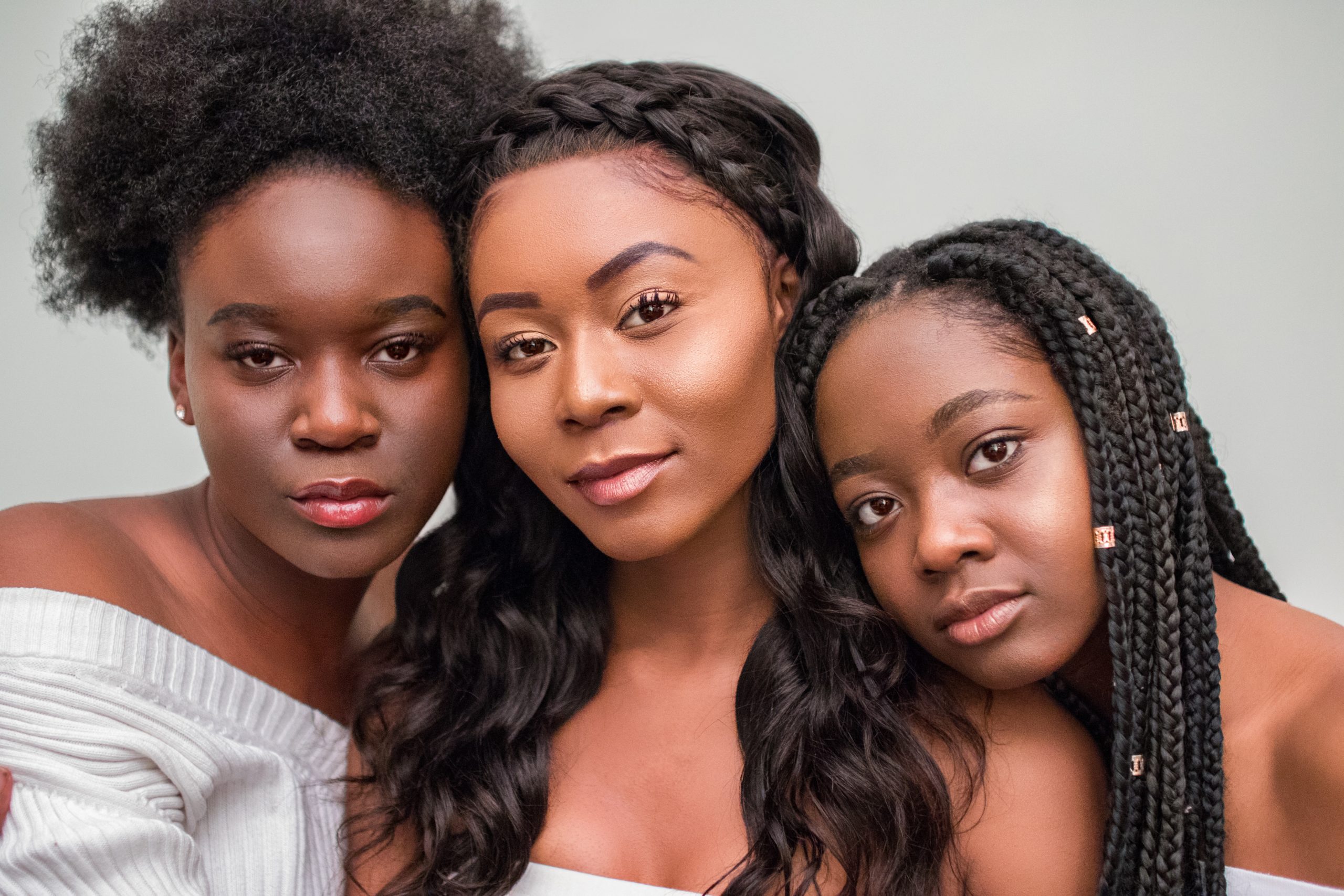Aggressive. Ghetto. Welfare Queen. Poverty. Angry.
These are just a handful of stereotypes that 50-year-old Memphis-native Olliette Drobot has heard about dark-skinned black women.
Since the Duchess of Sussex Meghan Markle revealed in her March 7 interview with Oprah conversations the royal family had about how dark her son’s skin would be, colorism has been thrust onto the national stage with many, countless others sharing their own personal struggles.
Often overlooked in national conversations about race, colorism deeply affects Black women in their day-to-day lives. It amounts either to — privilege or disadvantage — based on the shade of one’s skin, according to Meghan Burke and David Embrick from the International Encyclopedia of the Social Sciences.
Lighter skin, they explain, is often associated with “purity, cleanliness, beauty, and intelligence,” while darker skin is associated with “sin, filth, ugliness, and stupidity.” Such ideals go back to the inception of slavery in the U.S. and continue to affect Black women in their work, education, and personal lives to this day.
The historical divide has become a catalyst for some of the stereotypes we see today.
“As a dark skin woman, I’ve had a lot of things perpetuated against me in my lifetime,” says 23-year-old Cleveland resident Marla Walston.
Growing up, Walston says people would impose characteristics on her based on the shade of her skin. Different stereotypes like being mean or guys not thinking she was “cute enough” because of her darker skin tone.
Drobot also grew up feeling much the same way. She doesn’t believe she fits the classic view of what beauty is and she realized that at a young age. She said not having the “right” hair texture, skin shade, or facial features all took a toll on her self-esteem growing up.
“One of my fears is not being liked because of the color of my skin,” says 19-year old Alaya Davison, who argues that such beliefs are perpetuated by the media
With popular young black actresses like Zendaya and Yara Shahidi taking over screens, it is causing lighter-skinned Black actresses to be seen as more beautiful.
“The closer you are to whiteness, the better you are,” says 22-year-old Aliya Cunigan who believes that even today, some black people still feel the need to “be palatable to the white community.”
But the stereotypes go beyond just beauty, including being thought of as an “angry Black woman.” Because of it, many women have had to adjust how they react or behave in order to not fall into that assumption.
“I wouldn’t be able to express myself in the way that I know I will without people feeling like I was coming at them,” says Walston.
Walston says she doesn’t come from an aggressive place but because of the stereotypes, she feels she has to tone down her behaviors so as to not add to the stereotype. She believes people need to let go of the misconceptions they have connected to skin color.
“No one’s skin color has any correlation to their personality in the first place, they just act the way they do and when people start doing that it’ll make things a lot easier for everybody,” she said.
Drobot feels encouraged that conversations about colorism have gone more mainstream and popular, not just left to something Black people would talk about alone with friends and families.
“I’m 50 years old and I never thought I would see the day where when we talk about racism, colorism is coming up,” she said.
And the conversations need to continue so that everyone knows that this issue isn’t an internal Black issue, she says. Instead of believing it’s just a lack of self-esteem, people need to realize “this is just a part of white supremacy,” she says.
“We need to come together as a community and to talk about colorism and not to hide behind it and say we’re all being treated the same because we’re not being treated the same,” says Cunigan.








